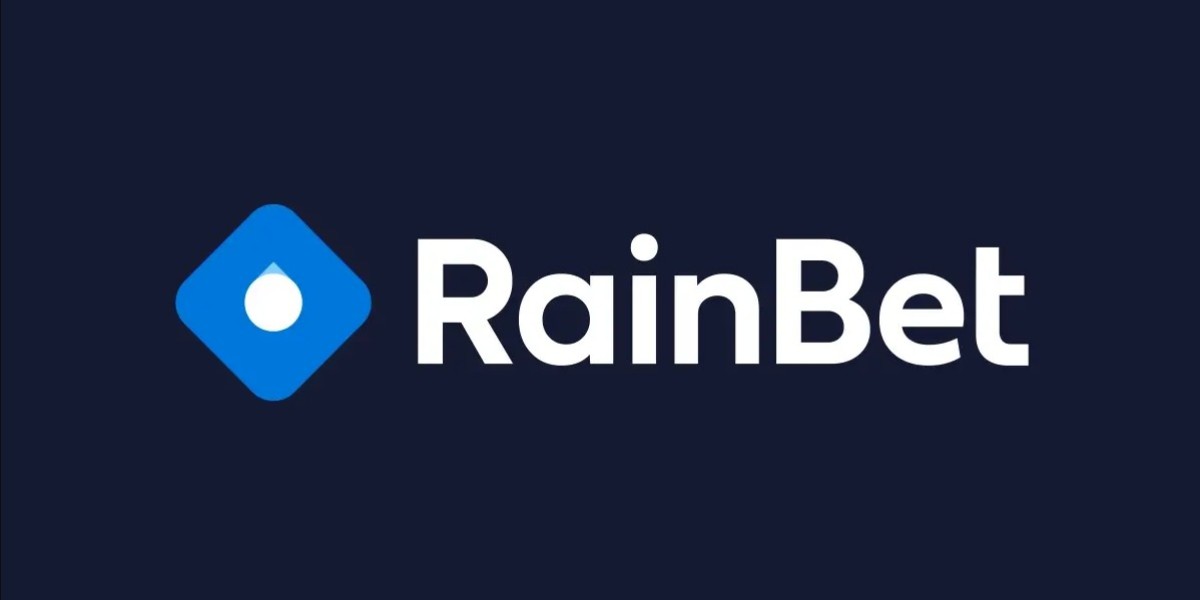 To protect players' financial and personal data, it is crucial to have a secure online slot. These protocols include encryption and fraud detection algorithms and responsible gaming tools.
To protect players' financial and personal data, it is crucial to have a secure online slot. These protocols include encryption and fraud detection algorithms and responsible gaming tools.The security slot for Kensington's anti-theft provides security for devices that do not have built-in security slots. It's easy to install and works great on smartphones, tablets laptops, laptops, overhead projectors, screens and more.
Geolocation technology
Geolocation technology offers a variety of advantages to online businesses, Rainbet including increased customer engagement and enhanced security. However, it also poses privacy dangers that require careful consideration and mitigation. These include the possibility of identity theft as well as the lack of transparency regarding the use of location data by companies. There are also fears that the technology could be used to hack and exploit malicious motives. There are ways to mitigate the risk. These include geolocation protections, and implementing a privacy and security-governed program.
IP geolocation is a method for determining the location of a device by using its Internet Protocol (IP) address. IP addresses are unique for each device and can also be mapped to specific geographical areas. The information is stored in databases which are updated regularly. The databases are built from various sources like regional IP address registries as well as user-submitted locations.
Geolocation is also a method to track the users' internet browsing habits. This can aid companies in optimizing user experience by tailoring content according to the location of each user. This allows them to provide more relevant ads and promotional offers. Additionally, companies can use this information to improve security measures by identifying users' location and device information.
Geolocation also offers other advantages to businesses. It can be used, for example to determine the time when a machine is experiencing issues so that repairs can be made in a timely manner. It can be used to monitor a machine's performance and make informed decisions regarding maintenance. It can also be used to offer a more customized gaming experience for players and improve retention.
Two-factor authentication (2FA)
Two-factor authentication (2FA) is an additional security feature that protects your account from hackers by requiring a second authentication method for validation. While it doesn't guarantee complete security, it does make unauthorized access more difficult. It also helps users avoid the dreadful feeling of security, which can occur when consumers use the same password for multiple accounts, thereby reducing the chance of a data breach.
Even if someone knows your username and password however, they will not be authorized to access your account using 2FA since the second factor is needed to authorize. It is also more secure than basic authentication, which relies on the password a user knows.
2FA methods include devices like mobile phones and hardware tokens. Push notification is the easiest and most efficient method to prove identity. It sends a code to the mobile phone of the user. This method is only possible with an internet connection that is reliable.
Other types of 2FA include biometrics and FIDO, a protocol for secure logins that was developed by the FIDO Alliance. These methods provide superior security than traditional passwords, but require users to purchase appropriate equipment or wearables. These devices are susceptible to being stolen or lost, which increases the risk of unauthorised access.
Whatever method you decide to use regardless of the method you choose, it is essential to work with the stakeholders to ensure that you are able to implement. This can include executives, your security team as well as IT teams. The process can be complex and it's crucial to explain the risks and benefits to all parties. This will assist you in gaining the support required to implement 2FA. This will help you reduce the chance of data breaches and improve your gaming experience.
Regular audits
When it comes to security procedures for gambling online casinos must take every step necessary to safeguard their customers' personal information and financial transactions. This includes encryption of data frequent audits and compliance with regulatory requirements. This helps them establish trust and confidence in their operations, which is critical for the industry of casinos.
SOC 2 audits not only protect data of users, but also aid casinos in building a strong defense to cyberattacks. These audits examine the company's internal controls and systems, and identify any potential vulnerabilities that could be exploited by hackers. Casinos can then address these weaknesses to improve their security and reduce the risk of costly cyberattacks.
SOC 2 audits also provide an important insight into the scalability of casino's internal processes and controls. They can assist managers in identifying inefficiencies and improve their operations, minimising the risk of fraud as well as ensuring regulatory compliance. They can also help identify security risks that could be a concern and suggest best practices to reduce the risk.
Although the concept of a slot audit might appear simple, it could be a challenge to be carried out effectively. This is due to the fact that it requires a high level of cooperation from various casino departments like the slot operations personnel, cage employees soft count teams, and so on. If these departments aren't cooperating, it can be simple for players to manipulate the results of a match.
To conduct a slot audit casino requires two independent data sources. Each component of the winning equation has to be accounted for. For example, for bills inserted, the auditor must have both the physical and game meters. Comparing these data sources will reveal slots with different numbers. These can be investigated and the data adjusted accordingly.
Tools for responsible gaming
Responsible gaming tools are vital to ensure that casinos remain safe and enjoyable for gamblers. These tools help combat the addictive nature of gambling, and allow players to control their gambling habits. These tools include deposits limits, time-out sessions, cool off periods, wagering limits, self-exclusion and reality checks options. Once players log into their accounts, they can access these tools.
While these tools might differ from one casino to another but all licensed online casinos in the US offer a certain type of them. This is a crucial aspect of their commitment to responsible gambling and can help players to avoid identity theft, money laundering, and underage gambling. These tools also promote ethical advertising and ensure that ads are not targeted at minors.
In addition to the tools listed above, a lot of sites utilize verification services to ensure that players are above the age of 21. These services are provided by a third party or through the software of the site. These services are often free for users and can help prevent underage gambling.
The idea of taking a time-out is a great option to control your gaming addiction and give you a chance to concentrate on other pursuits. You can request a time-out for any period of time from 72 hours to a year and you will not be able deposit funds or play during this time. Moreover, you can still login to your account and access your history.
The greatest thing is that these tools aren't only for gamblers with problems, but are used by regular gamblers who are healthy to help them keep control of their gambling habits. Casino operators profit from responsible gambling programs. They stop players from becoming compulsive gamblers and increase their likelihood to return for future games.


